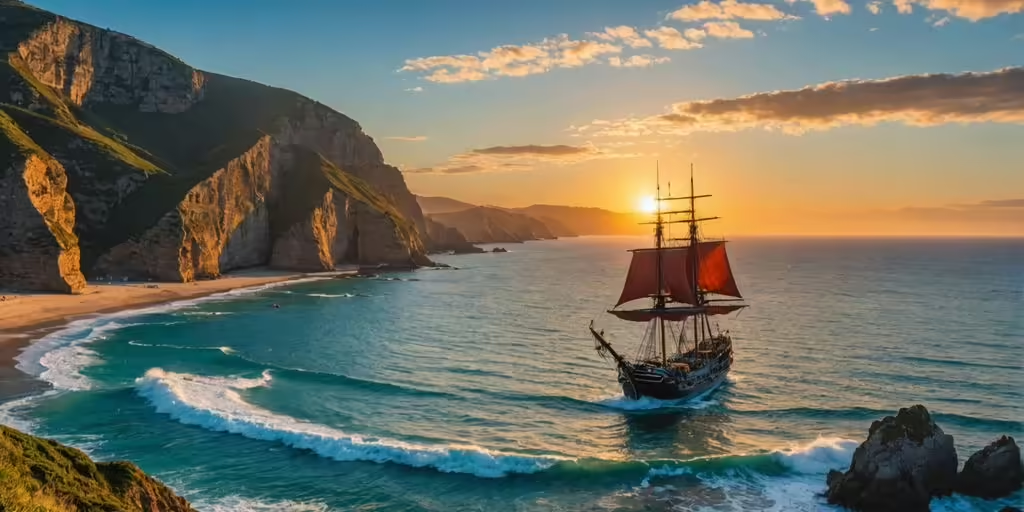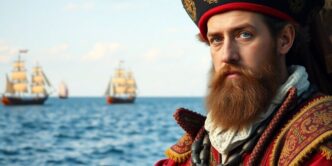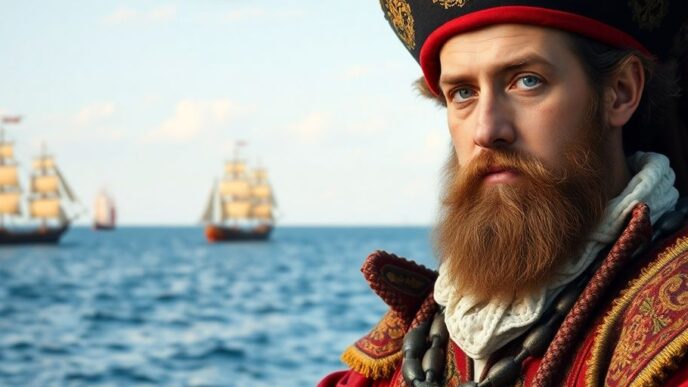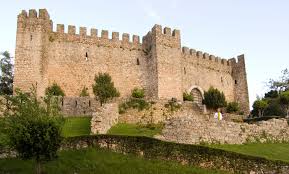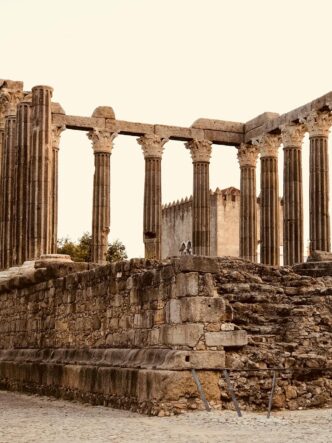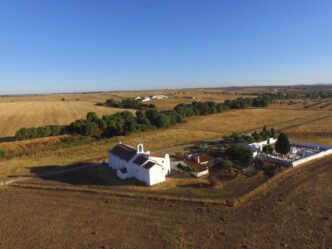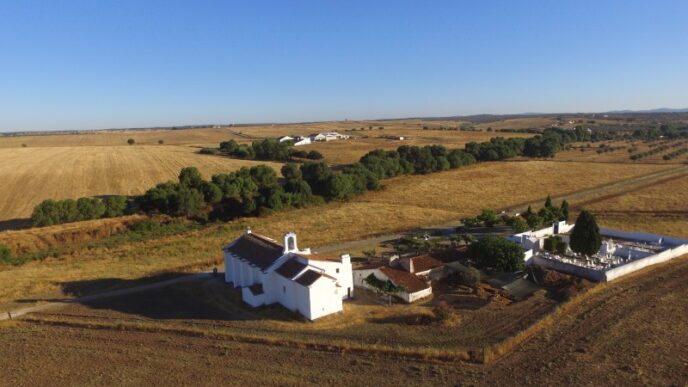The Rise of Portugal as a Maritime Power

Early Naval Innovations
Portugal’s journey to becoming a maritime power began with early naval innovations. The Portuguese developed advanced ships like the caravel, which were faster and more maneuverable. These ships allowed them to explore uncharted waters and establish new trade routes.
Prince Henry the Navigator’s Influence
Prince Henry the Navigator played a crucial role in Portugal’s maritime history. He sponsored numerous expeditions along the African coast, aiming to find a sea route to Asia. His support for exploration led to significant advancements in navigation and cartography.
Initial Voyages and Discoveries
The initial voyages and discoveries by Portuguese explorers were groundbreaking. They ventured further down the African coast, eventually reaching the Cape of Good Hope. These early expeditions laid the foundation for Portugal’s dominance in global trade and exploration.
Key Explorations and Discoveries

Vasco da Gama’s Route to India
In 1498, Vasco da Gama led the first fleet from Portugal to India, navigating around the Cape of Good Hope. This journey opened a direct maritime route to the Indian subcontinent, which was crucial for trade. The success of this voyage marked a significant milestone in the Age of Discovery and established Portugal as a dominant maritime power.
Ferdinand Magellan’s Circumnavigation
Ferdinand Magellan, though originally Portuguese, sailed under the Spanish flag. In 1519, he embarked on a historic expedition to circumnavigate the globe. Despite facing numerous challenges, his fleet completed the journey in 1522, proving that the Earth was round and that it was possible to sail westward to reach the East Indies.
Exploration of the African Coast
Portuguese explorers were pioneers in mapping the African coast. Starting in 1419, under the sponsorship of Prince Henry the Navigator, they made significant progress. Notable achievements include Bartolomeu Dias reaching the Cape of Good Hope in 1488 and Diogo Cão discovering the mouth of the Congo River in 1482. These explorations were vital in establishing trade routes and expanding Portugal’s influence.
The Portuguese Trading Post Empire
The Portuguese Trading Post Empire was unique in its structure and approach. Unlike other European empires that sought to control vast territories, Portugal focused on establishing numerous trading posts, known as feitorias, along strategic coastlines and islands. This network allowed Portugal to dominate trade routes and exert influence over foreign regions without extensive territorial control.
Challenges and Decline of the Maritime Empire
Spanish Rule and the Iberian Union
In 1578, Portuguese King Sebastian died without an heir, leading to a crisis. This resulted in the Spanish King Philip II taking control, forming the Iberian Union. This union drained Portugal’s resources as Spain dragged it into numerous European conflicts. The alliance was devastating for Portugal, weakening its maritime empire significantly. By 1640, the Portuguese Restoration War finally ended this unwanted union, but the damage had already been done.
The 1755 Lisbon Earthquake
In 1755, a catastrophic earthquake struck Lisbon, followed by a tsunami and fires. This disaster destroyed much of the city and killed thousands. The economic and social impact was severe, further weakening Portugal’s ability to maintain its maritime empire. The earthquake marked a turning point, as the empire struggled to recover from the extensive damage.
Competition from Other European Powers
Portugal’s maritime empire faced increasing competition from other European nations like England, France, and the Netherlands. These countries were more enterprising and began to establish their own colonies and trading posts. Portugal’s inability to establish lasting colonies and its reliance on feitorias made it easier for these rivals to replace Portuguese influence in key regions. Over time, Portugal’s dominance in the Indian Ocean and other areas diminished as these new powers rose.
Scientific and Technological Advancements

The Institute of Sagres
The Institute of Sagres was a key center for maritime learning in Portugal. It brought together astronomers, navigators, mathematicians, and cartographers. This collaboration led to many important discoveries and innovations in navigation.
Naval Technology and Shipbuilding
Portugal made significant strides in naval technology and shipbuilding. They developed advanced ships like the caravel, which was faster and more maneuverable. These ships allowed Portuguese sailors to explore further and more safely.
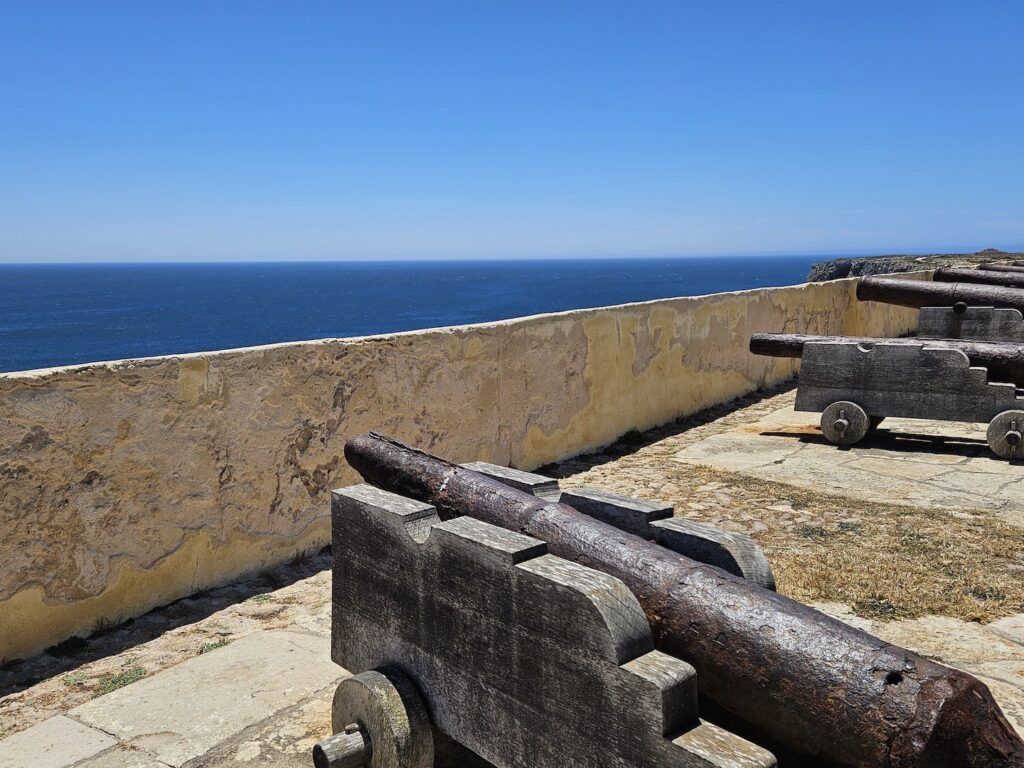
Contributions from Islamic Scholars
Islamic scholars played a crucial role in Portugal’s maritime advancements. They shared their knowledge of astronomy, mathematics, and navigation. This exchange of ideas helped Portugal become a leading maritime power.
Economic Impact of Maritime Trade
Trade with Flanders and England
Portugal’s maritime trade had a significant impact on its economy, especially through its interactions with Flanders and England. These trade relationships were crucial for the exchange of goods and resources. Portuguese merchants traded items like wine, olive oil, and salt for textiles and other manufactured goods from these regions. This exchange not only boosted the local economy but also helped in establishing Portugal as a key player in European trade networks.
Import and Export Goods
The variety of goods imported and exported by Portugal was vast. Imports included spices, silks, and precious stones from Asia, while exports often consisted of agricultural products and raw materials. This trade was facilitated by the port of Lisbon, which became a central hub for maritime activities. The bustling port attracted merchants from all over the world, contributing to the local economic growth and generating employment.
Economic Policies and Maritime Insurance
To support and protect its maritime trade, Portugal implemented several economic policies. One such policy was the establishment of maritime insurance, which provided financial security for merchants and shipowners. This system reduced the risks associated with long sea voyages and encouraged more traders to participate in maritime commerce. Additionally, the government imposed tariffs and taxes on imported goods, which helped in generating revenue for the state. These measures collectively ensured the sustainability and growth of Portugal’s maritime economy.
Cultural and Social Effects of Maritime Expansion

Formation of a Maritime Society
Portugal’s maritime expansion led to the creation of a unique maritime society. The coastal regions, especially Lisbon, became bustling hubs of activity. The influx of wealth from trade created a new class of wealthy merchant nobles. These individuals, often involved in funding expeditions, gained significant influence and power. The society was characterized by a mix of sailors, shipbuilders, and traders, all contributing to the maritime culture.
Influence on Portuguese Culture
The maritime empire brought a blend of cultures to Portugal. The interactions with Africa, Asia, and South America introduced new foods, spices, and traditions. Portuguese cuisine, for example, was enriched with ingredients like cinnamon and pepper. Additionally, the architectural styles in Portugal began to reflect the diverse influences, with buildings showcasing elements from different parts of the world.
Legacy of Maritime Exploration
The legacy of Portugal’s maritime exploration is profound. The discoveries and trade routes established by explorers like Vasco da Gama and Ferdinand Magellan not only enriched Portugal but also reshaped global trade. The Treaty of Tordesillas, which divided the new world between Portugal and Spain, marked a significant moment in history. This era of exploration laid the foundation for the modern globalized world, with Portugal playing a pivotal role in connecting different continents and cultures.
Frequently Asked Questions
What sparked Portugal’s rise as a maritime power?
Portugal’s rise as a maritime power began with early naval innovations and the influence of Prince Henry the Navigator. He sponsored many voyages and the development of new navigation tools and ships.
Who was Prince Henry the Navigator?
Prince Henry the Navigator was a Portuguese royal who played a key role in the early days of the Age of Exploration. He supported many expeditions and helped advance maritime technology.
What were some key Portuguese explorations?
Some key Portuguese explorations include Vasco da Gama’s route to India and Ferdinand Magellan’s circumnavigation of the globe. They also explored the African coast extensively.
What was the Portuguese Trading Post Empire?
The Portuguese Trading Post Empire consisted of fortified trading posts called feitorias. They controlled trade routes and established monopolies, especially in the Indian Ocean.
What led to the decline of Portugal’s maritime empire?
Portugal’s maritime empire declined due to Spanish rule during the Iberian Union, the 1755 Lisbon earthquake, and competition from other European powers.
How did maritime trade impact Portugal’s economy?
Maritime trade significantly boosted Portugal’s economy through trade with Flanders and England. They exported goods like wine and salt and imported various manufactured products.

